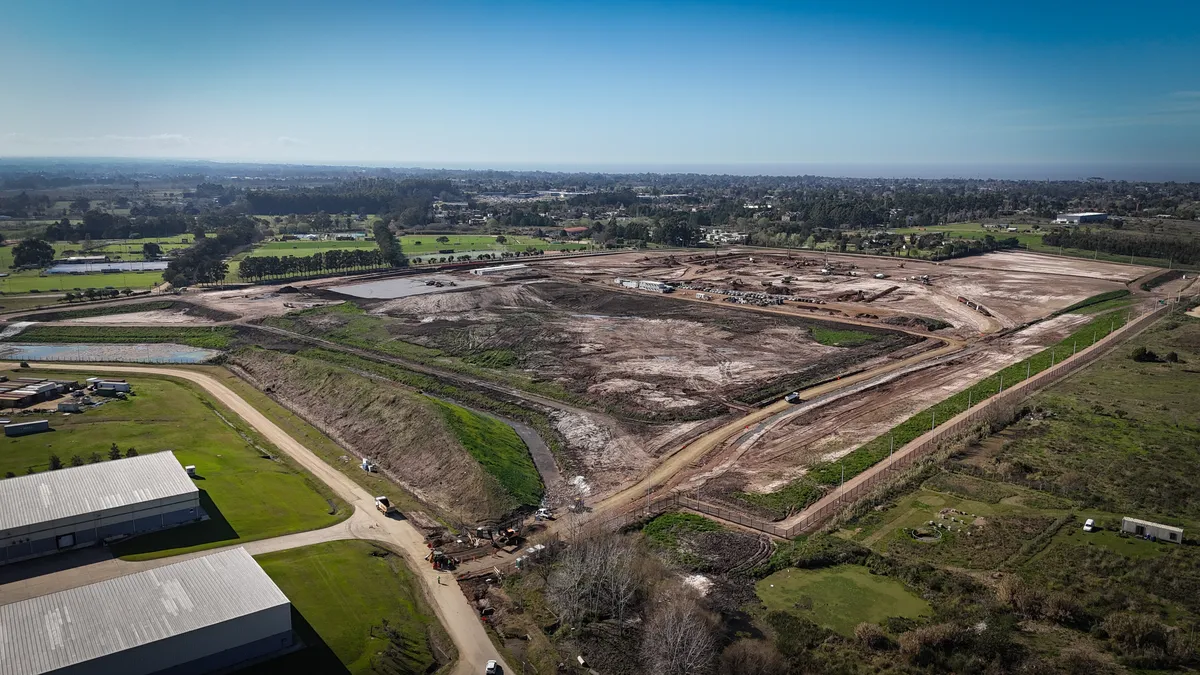In 2015, Google opened a data center in Chile, the first in the Latin American region, in an attempt to improve connectivity and performance of services. Following the long process of planning and analysis, the second step would be the building of the second data center of Google in Latin America, and it is located in Canelones, Uruguay. Google is investing over $850 million in this new Uruguay data center that connects the region, enabling governments, businesses, and communities to grow together-in a way that will also help meet the burgeoning demand for AI. This announcement underlines Google’s commitment to its foundational goals in the region: creating opportunity through digital skill development, building infrastructure that fosters economic growth, and contributing to a sustainable future.
These new opportunities opened to the next generation require the development of digital skills. With Google Career Certificates and the Google Cloud Skills Boost platform, Google has invested in accessible, on-demand training. The company works with more than 550 universities across Latin America, offering a continuously updated selection of learning resources to make sure students will be ready to grasp the opportunities brought about by emerging technologies. Over the past year-and-a-half, Google has awarded over 35,000 badges in digital skills to students and developers across the region.
Also Read: Swift Energy closes investment with Google for 800MW solar project
In Uruguay, for instance, it is partnering with leading local universities, such as Universidad Tecnológica-UTEC– and Universidad de Montevideo-UM-to include technology-related subjects in the curriculum. Google also fomented business innovation through startup academies in partnership with important organizations such as the National Development Agency (ANDE) and the National Agency of Research and Innovation-ANII. The new data center at Canelones will mean a great deal for professional and technological development not only to Uruguay but also to the region at large. This is where Google will invest in social programs that apply technology for economic and social advancement.
Every time a person performs a search, watches a video on YouTube, gets directions on Google Maps, or uses Gmail for work or school, a data center is humming along in the background to make it all possible. In modern times, digital communication and access to information are important in the development of countries and their people.
Also Read: Google Announces Umoja, its first Africa-Australia Fiber Optic Cable to be Anchored in Kenya
In other words, regularly, Google’s contribution to Latin America has involved, and it will continue to involve, an investment in technical infrastructure that allows better connectivity and access to all kinds of digital services. Among such widely used Google services are Search, Gmail, YouTube, and Google Cloud. Google invests in subsea cables, the likes of which include Firmina, Tannat, Curie, and Humboldt-a new route that will link South America and the Asia Pacific for the first time. Google has also opened cloud regions in São Paulo, Brazil; Santiago, Chile; and, coming soon, Querétaro, Mexico.
Sustainability informs every Google project, from the design to the management of data centers. Of all data centers around the globe, Google’s 28 across 11 countries represent some of the most efficient, secure, and reliable ones. A typical Google-operated data center is on average 1.8 times more energy-efficient than an average data center. But Google has increased computing power quite a bit without extra energy consumption compared to five years ago. It also leads in the fight against climate change by committing to clean energy, among them the new data centre opening in Uruguay that runs using more than 90% renewable energy.
Also Read: Google announces US$1 billion expansion for Finland data centre
This is a very important moment for Google’s commitment, now long-term, to Latin America. Setting up a new Google Uruguay data center means much more than increasing the level of support offered to regional users and customers. It is about opportunities, offering technical solutions to help companies, governments, and societies reach their goals and working in cooperation with communities for the enhancement of their digital skills. Google looks forward to this new chapter now starting in Uruguay and keeps fostering growth in the region.

Leave a Reply